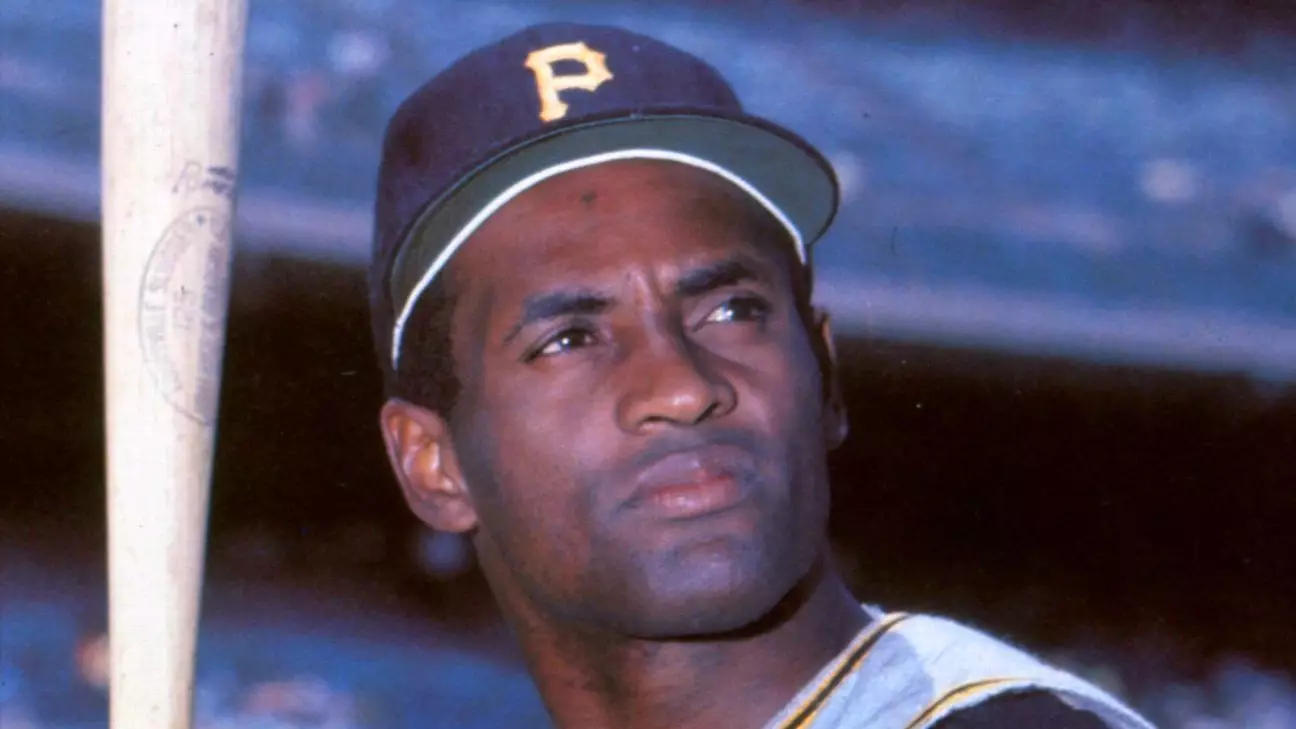In a shocking display of dissonance, the Pittsburgh Pirates recently replaced a revered tribute to the legendary Roberto Clemente on the right-field wall of PNC Park with an advertisement for an alcoholic beverage. The removed sign that honored Clemente’s name and his iconic No. 21 stood as a testament to the profound impact he had on both the franchise and the sport as a whole. Given Clemente’s status as a beloved figure not only in Pittsburgh but across the globe, this decision appears to be not only misguided but a profound offense to his memory and legacy.
The right-field wall of PNC Park, intentionally designed to be 21 feet high, symbolizes an everlasting tribute to a player whose contributions transcend mere statistics. Clemente was a distinction not just as a player with extraordinary talent but as a human being dedicated to humanitarian efforts. The Pirates’ recent decision raises an alarm about prioritizing commercial interests over the historical and emotional significance of their own narrative.
Clemente’s Family Responds: A Call for Collaboration
Roberto Clemente Jr.’s response to the change underscores a broader issue about the relationship between sports franchises and the legacy of their icons. In a statement expressing his disappointment, he emphasized a lack of communication about such a critical alteration. This oversight not only disrespects the Clemente family but also signals a troubling trend where organizations may overlook the sentiments of key stakeholders who have contributed to their identity.
Clemente Jr. poignantly noted that this moment should serve as a “reflection” point, calling for more transparent dialogue between the family and the organization. His words resonate with fans who feel a deep connection to Clemente and his values, reflecting the emotional stakes involved. A sense of unity and respect, as Clemente Jr. articulated, must form the foundation of any partnership moving forward, recognizing the richness of Roberto Clemente’s legacy beyond mere statistics.
The Weight of Legacy: Clemente’s Enduring Impact
Clemente’s legacy is not confined to the confines of baseball history; it permeates social justice, community service, and the embodiment of integrity. He played for the Pirates from 1955 until his tragic passing in 1972, garnering countless accolades, including 12 Gold Glove awards and four batting titles. However, it was his commitment to philanthropy that sealed his place as a hero both on and off the field. He lost his life in a plane crash while on a mission to deliver aid to Nicaraguan earthquake victims, an event that marked the end of a life dedicated to helping others.
While the Pirates boast about their dedication to honoring Clemente’s legacy, the recently removed sign creates a discord between their words and actions. The question arises: how can a franchise that idolizes a player for his human decency and social consciousness disregard the very essence of what he stood for? By prioritizing advertisements over authentic tributes, the Pirates risk diminishing the profound connection fans feel toward Clemente.
A Franchise’s Identity in Question
The Pirates’ recent actions challenge their commitment to remembering and celebrating their historical players. Senior vice president of communications and broadcasting Brian Warecki stated that the franchise is dedicated to commemorating Clemente’s legacy. However, such declarations fall flat when contrasted with the decision to replace a tribute that held immense meaning.
The outcry from fans illustrates a disconnect between the organization and the community it represents. An organization should reflect sentiments that resonate with its supporters. When fans witness changes that seem to profit from commercialism at the expense of history, trust erodes, and a vital aspect of a franchise’s spirit is jeopardized.
The Pirates stand at a juncture where they must consider how to navigate their approach to honoring Clemente going forward. This incident presents an invaluable opportunity for growth, urging the franchise to foster a deeper understanding of the communities they serve and the legacies they uphold. It is crucial for them to remember that sports are not merely about the game; they are about the stories, values, and memories that stitch together a team’s identity — something that must not be overshadowed by greed.

